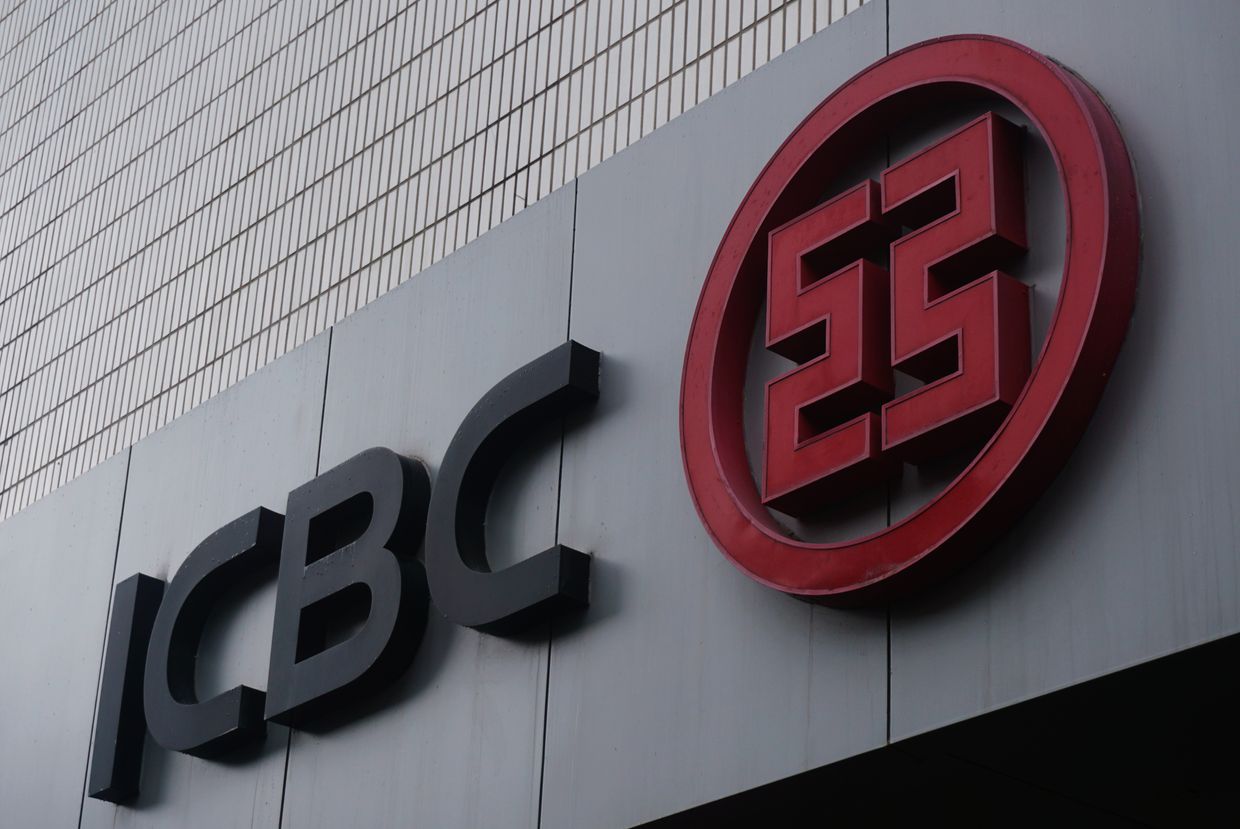Bloomberg: Seizure of frozen Russian assets legal, experts say

A letter signed by international legal experts argues that the seizure of frozen Russian central bank assets to aid Ukraine would be lawful given Russia's "ongoing breach of the most fundamental rules of international law," Bloomberg reported on Feb. 21.
Western countries and other partners immobilized around $300 billion of the Russian Central Bank's assets at the start of the full-scale invasion. According to the World Bank, the estimated cost of Ukraine's post-war recovery and reconstruction has risen to $486 billion.
Washington, Brussels, and Kyiv have discussed legal ways of channeling these funds to aid Ukraine's reconstruction efforts but have yet to come to a definitive conclusion.
The letter, which was circulated to Group of 7 (G7) capitals and obtained by Bloomberg, was signed by 10 legal experts from the U.S., the U.K., Belgium, France, Germany, Japan, and the Netherlands.
G7 nations have pledged that Russian assets held in their jurisdictions would remain frozen until Moscow pays war reparations to Ukraine.
In the face of Russia's "blatant violation" of the post-Second World War legal order, international law permits a response of "lawful countermeasures" to persuade the offending country "to cease its unlawful conduct," the experts said.
The assets could therefore be transferred to help Ukraine "as compensation for the damage that has resulted directly from Russia's unlawful conduct."
"The total amount of compensation would not exceed the amount owed by Russia for the damage it has caused," the experts said. Foreign Minister Dmytro Kuleba said in January that the total amount of frozen Russian assets could fund more than 80% of Ukraine's recovery.
"We recommend that the compensation be provided through an international mechanism, to which the States concerned would transfer the Russian State assets currently under their jurisdiction."
"Their jurisdiction may extend, depending on the circumstances, to offshore currency holdings intermediated through their country's correspondent banks," the letter said.
The experts specified that only Russian State assets would be impacted, and "no new measures would be imposed on assets that are genuinely privately owned."
The EU has been hesitant to confiscate Russian assets outright, fearing legal pitfalls and possible retribution by Russia, but has made steps to target the profits generated by frozen Russian central bank assets.
The European Council agreed on Feb. 12 to a set of new measures targeting these profits, possibly paving the way for the revenue to be eventually redirected to Ukraine.














